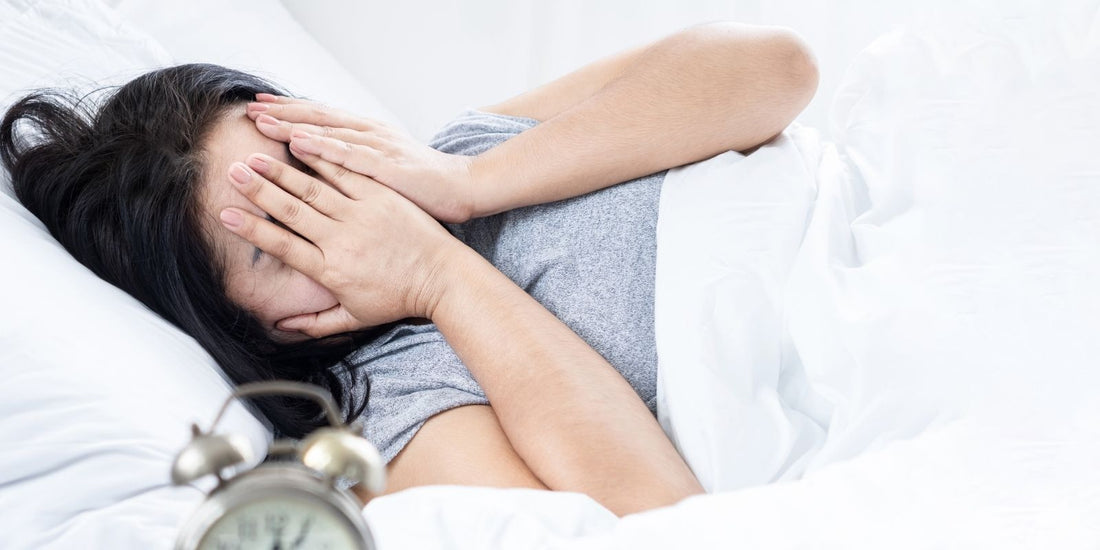
Why Light Sensitivity Increases During Hormonal Changes
Have you found yourself becoming more sensitive to light lately—especially at night? Maybe streetlights outside your window suddenly seem brighter. Or the glow of your phone feels more irritating than usual. For many women, especially during perimenopause, this isn’t random. It’s biological.
As hormones fluctuate, particularly estrogen and progesterone, the nervous system becomes more reactive. Your brain, which normally adapts to stimuli like light, begins to register them as more intense or disruptive. This is why light sensitivity during perimenopause is a common (but rarely talked about) symptom—and one that directly affects sleep.
If you’ve been struggling with shallow rest or waking frequently through the night, your sensitivity to light might be part of the puzzle. Luckily, there are simple tools and habits that can help.
The Link Between Hormones, Melatonin, and Light
Melatonin, your body’s natural sleep hormone, is deeply affected by light exposure. Bright or artificial light—especially blue light from screens—can suppress melatonin production, making it harder for your body to wind down. And when estrogen levels drop, the regulation of melatonin becomes even more unstable.
The result? Difficulty falling asleep, waking during the night, or feeling exhausted even after what seems like a full night’s rest.
This is where understanding how to sleep better with light sensitivity becomes essential for hormonal support.
The Solution: Create Total Darkness and Sensory Calm
One of the easiest and most effective ways to support your melatonin cycle is to block out all ambient light in your sleep environment. That’s why we created the DreamSilk Eye Mask—a soft, breathable, lash-friendly mask that contours to your face and blocks 100% of light.
Unlike traditional sleep masks that press against your eyes or slip during the night, DreamSilk is designed to stay in place, reduce pressure, and feel like a calming ritual the moment you put it on. Many women tell us it becomes their non-negotiable part of their nightly wind-down, especially when dealing with hormonal shifts.
To amplify its effect, you can pair it with calming aromatherapy or use it as part of a broader sleep ritual that includes sensory cues, dim lighting, and reduced screen time.
Hormonal changes may be inevitable—but suffering through them isn’t. The more intentional you become with your sleep space, the more power you reclaim in your nightly rest and overall resilience.





